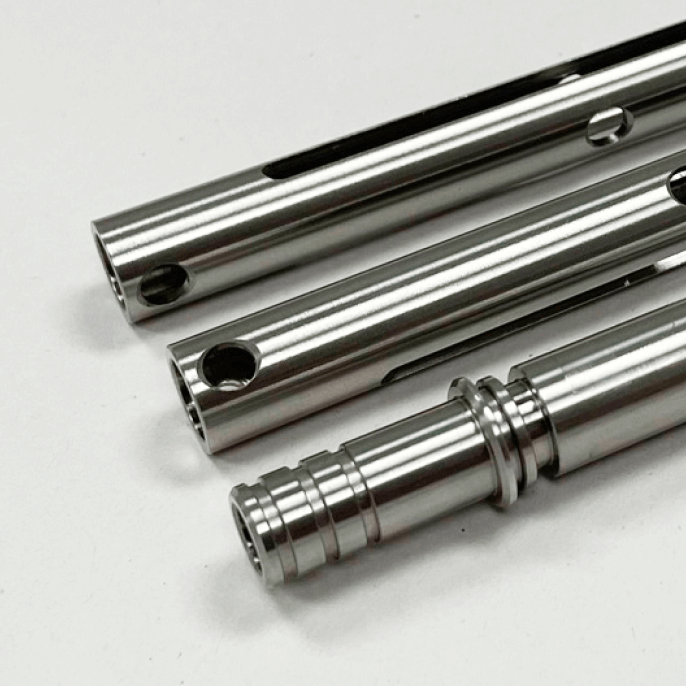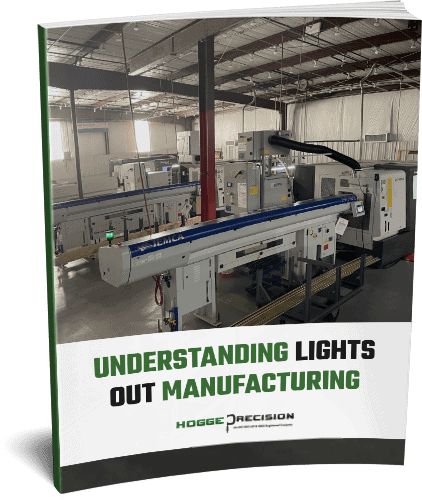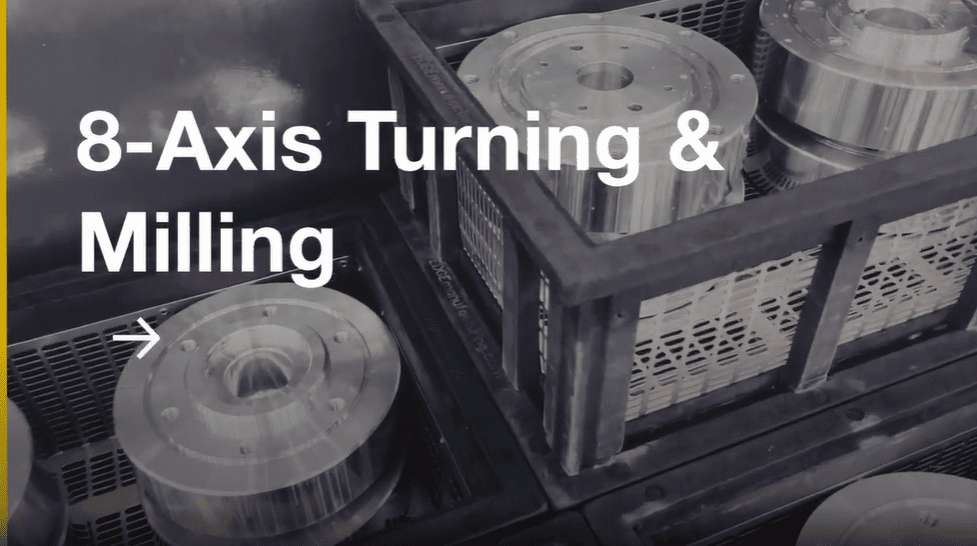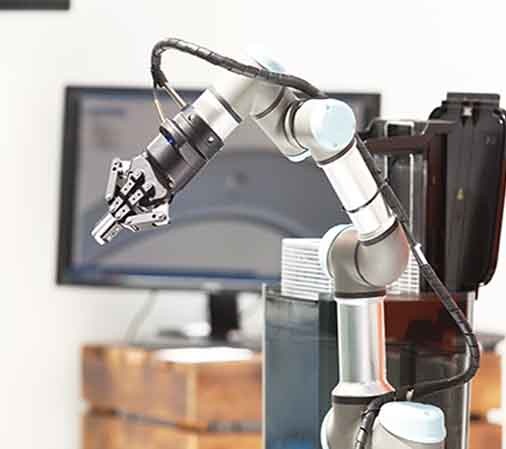When you look at a complex and finely detailed metal or plastic part, have you ever wondered how it was created with such precision? The answer lies in precision CNC milling, a remarkable process that’s at the heart of modern precision manufacturing. In this beginner’s guide, we’ll take you on a journey into the world of CNC milling, explaining what it is, how it works, its advantages, and where you can find its applications.
What is Precision CNC Milling? The Art of Subtraction
At its core, CNC milling is a subtractive manufacturing process by which material is removed from raw stock whereas the workpiece is fixed, and cutting tools move and rotate in conjunction to yield the desired finished part. Imagine starting with a block of raw material, and you want to shape it into a specific part with intricate details. CNC milling is the tool that brings your imagination to life.
How Does Precision CNC Milling Work?
The Role of Computers
To maintain the high level of precision demanded in today’s manufacturing, we turn to Computer Numerical Control (CNC) equipment. Instead of relying on manual labor, CNC machining relies on computers and software to control the entire process.
Here’s the basic workflow:
- Design: First, a skilled engineer creates a digital design of the part using specialized software like CAD (Computer-Aided Design).
- Programming: The digital design is then translated into a set of instructions for the CNC machine. This is done using CAM (Computer-Aided Manufacturing) software.
- Execution: The CNC machine takes these instructions and gets to work. It moves the cutting tools with incredible precision, shaping the raw material into the desired part.
The beauty of CNC milling lies in its ability to replicate this process consistently, producing identical parts with remarkable accuracy.
Benefits of Precision CNC Milling
CNC milling brings a plethora of benefits to the table, making it a preferred choice in modern manufacturing:
- Complexity. CNC milling can handle intricate and highly detailed parts with ease.
- Tight tolerances. It achieves tolerances as fine as ±0.0002” (±0.00508 mm) to ±0.0005” (±0.0127 mm), ensuring precision in every detail.
- Smooth finishes. The process delivers exceptionally smooth surface finishes, even allowing for custom finishes.
- Consistency. Whether you need one part or a thousand, CNC milling maintains consistency across production runs.
Applications of Precision CNC Milling
You’ll find precision CNC milling at work in a wide range of industries, including:
- Aerospace
- Medical
- Military & Defense
- General Industry
- Specialized industries from fluid & air controls to motion control, manifolds, electrical power transmission & switching, and valve components
Your Partner in Milling Precision
CNC milling is a cornerstone of modern manufacturing, enabling the creation of intricate, high-precision parts essential to countless applications. From meticulously crafted manifolds for gas delivery systems to the complex components for electrical power transmission & switching, this technology transforms raw materials into finished pieces with exceptional accuracy and quality.
To explore the possibilities of CNC milling for your projects or manufacturing needs, reach out to us today.
Additional Blogs

Ready to get started?
For more than 35 years, Hogge Precision has been a leading supplier of superior quality precision machined parts and assemblies for customers around the world. Our experienced team, working from our cutting-edge, ISO 9001:2015 registered facility, is dedicated to delivering top-quality products with a personal touch and a commitment to integrity. To learn more about our precision machining services, contact our team. We look forward to helping with your next project!
Or call us at: 843-332-3566
















